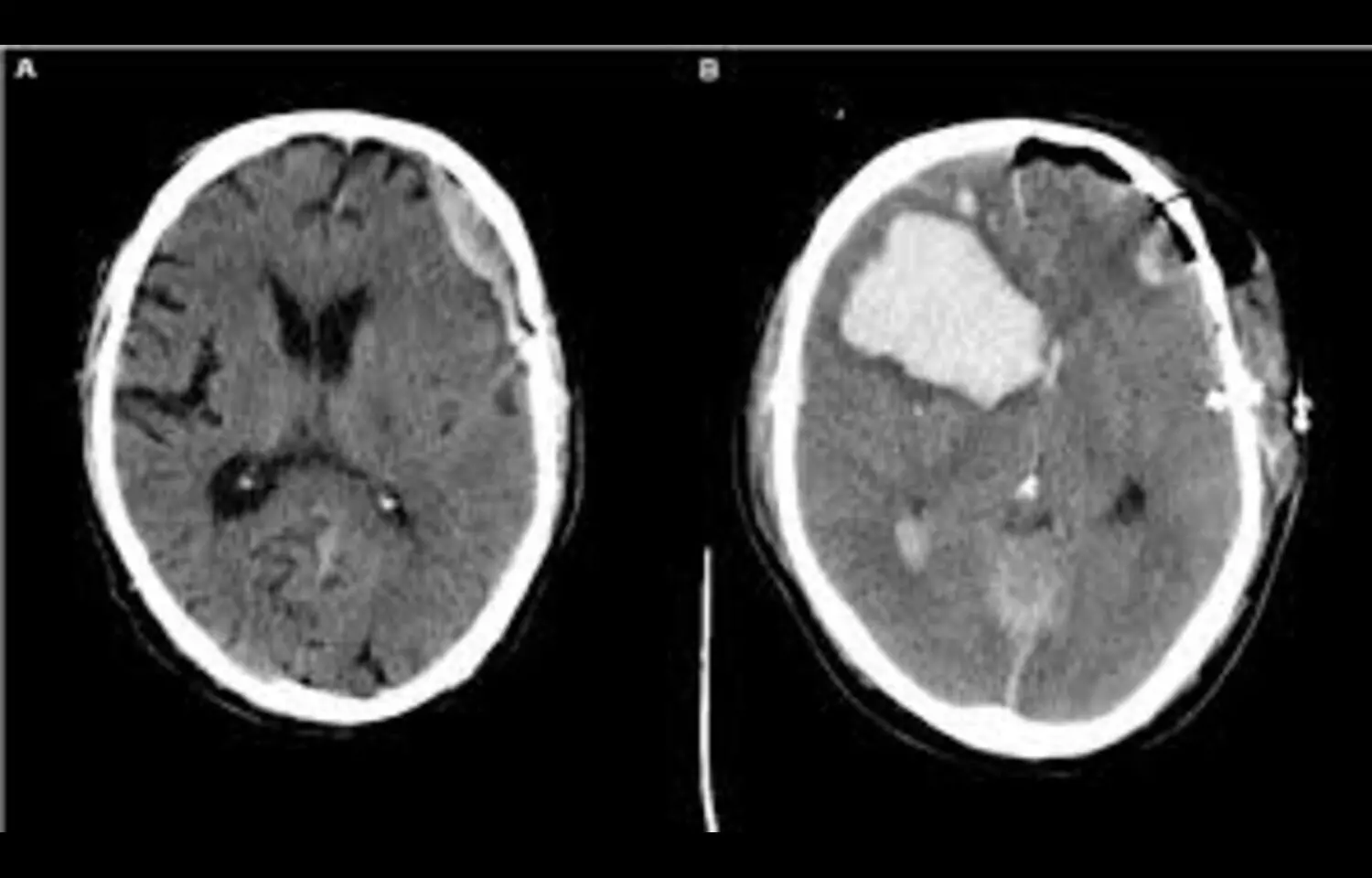- Home
- Medical news & Guidelines
- Anesthesiology
- Cardiology and CTVS
- Critical Care
- Dentistry
- Dermatology
- Diabetes and Endocrinology
- ENT
- Gastroenterology
- Medicine
- Nephrology
- Neurology
- Obstretics-Gynaecology
- Oncology
- Ophthalmology
- Orthopaedics
- Pediatrics-Neonatology
- Psychiatry
- Pulmonology
- Radiology
- Surgery
- Urology
- Laboratory Medicine
- Diet
- Nursing
- Paramedical
- Physiotherapy
- Health news
- Fact Check
- Bone Health Fact Check
- Brain Health Fact Check
- Cancer Related Fact Check
- Child Care Fact Check
- Dental and oral health fact check
- Diabetes and metabolic health fact check
- Diet and Nutrition Fact Check
- Eye and ENT Care Fact Check
- Fitness fact check
- Gut health fact check
- Heart health fact check
- Kidney health fact check
- Medical education fact check
- Men's health fact check
- Respiratory fact check
- Skin and hair care fact check
- Vaccine and Immunization fact check
- Women's health fact check
- AYUSH
- State News
- Andaman and Nicobar Islands
- Andhra Pradesh
- Arunachal Pradesh
- Assam
- Bihar
- Chandigarh
- Chattisgarh
- Dadra and Nagar Haveli
- Daman and Diu
- Delhi
- Goa
- Gujarat
- Haryana
- Himachal Pradesh
- Jammu & Kashmir
- Jharkhand
- Karnataka
- Kerala
- Ladakh
- Lakshadweep
- Madhya Pradesh
- Maharashtra
- Manipur
- Meghalaya
- Mizoram
- Nagaland
- Odisha
- Puducherry
- Punjab
- Rajasthan
- Sikkim
- Tamil Nadu
- Telangana
- Tripura
- Uttar Pradesh
- Uttrakhand
- West Bengal
- Medical Education
- Industry
Surgical and Conservative Approaches have Comparable Outcomes in patients with acute subdural hematoma: JAMA

A recent study published in JAMA Network Open examined the outcomes of patients with acute subdural hematoma (ASDH) treated at centers with differing management strategies, comparing those that favor early surgical intervention with those that typically pursue conservative approaches. The authors reported that outcomes in terms of survival and neurological function were broadly comparable between the two treatment pathways.
This suggests that patient prognosis may not be determined solely by whether surgical or conservative care is pursued, but also by other clinical and contextual factors such as patient age, comorbidities, injury severity, and access to supportive care.
The study emphasized that acute subdural hematoma is a common and serious form of traumatic brain injury, often requiring complex decision-making in emergency care settings. Traditionally, surgical evacuation has been considered the gold standard for cases with significant hematoma volume or neurological deterioration.
However, the findings indicate that in certain patients, especially those who may be poor surgical candidates or present with less severe radiological and clinical profiles, conservative management can achieve outcomes comparable to those seen with early surgery. This raises important considerations for tailoring treatment plans to individual patient needs rather than adopting a universal approach.
According to the authors, these results support a more nuanced view of ASDH management and highlight the importance of multidisciplinary decision-making. Rather than adhering strictly to a single institutional philosophy of aggressive surgery or conservative care, clinicians should weigh the risks and benefits of both strategies based on patient-specific factors.
The findings also point to the potential value of standardized clinical pathways and improved risk stratification tools to guide treatment decisions. Ultimately, the study reinforces that both surgical and conservative management approaches can be viable, and optimizing outcomes depends on careful case selection and high-quality supportive care.
Dr. Shravani Dali has completed her BDS from Pravara institute of medical sciences, loni. Following which she extensively worked in the healthcare sector for 2+ years. She has been actively involved in writing blogs in field of health and wellness. Currently she is pursuing her Masters of public health-health administration from Tata institute of social sciences. She can be contacted at editorial@medicaldialogues.in.
Dr Kamal Kant Kohli-MBBS, DTCD- a chest specialist with more than 30 years of practice and a flair for writing clinical articles, Dr Kamal Kant Kohli joined Medical Dialogues as a Chief Editor of Medical News. Besides writing articles, as an editor, he proofreads and verifies all the medical content published on Medical Dialogues including those coming from journals, studies,medical conferences,guidelines etc. Email: drkohli@medicaldialogues.in. Contact no. 011-43720751


